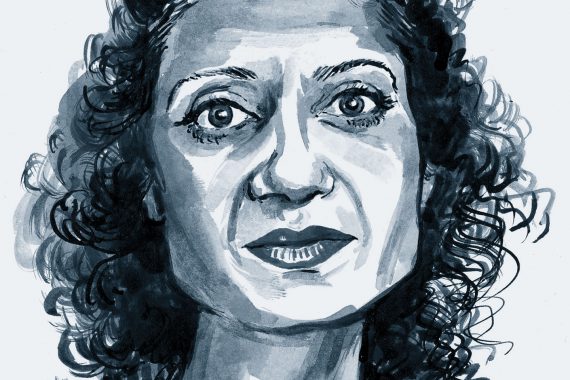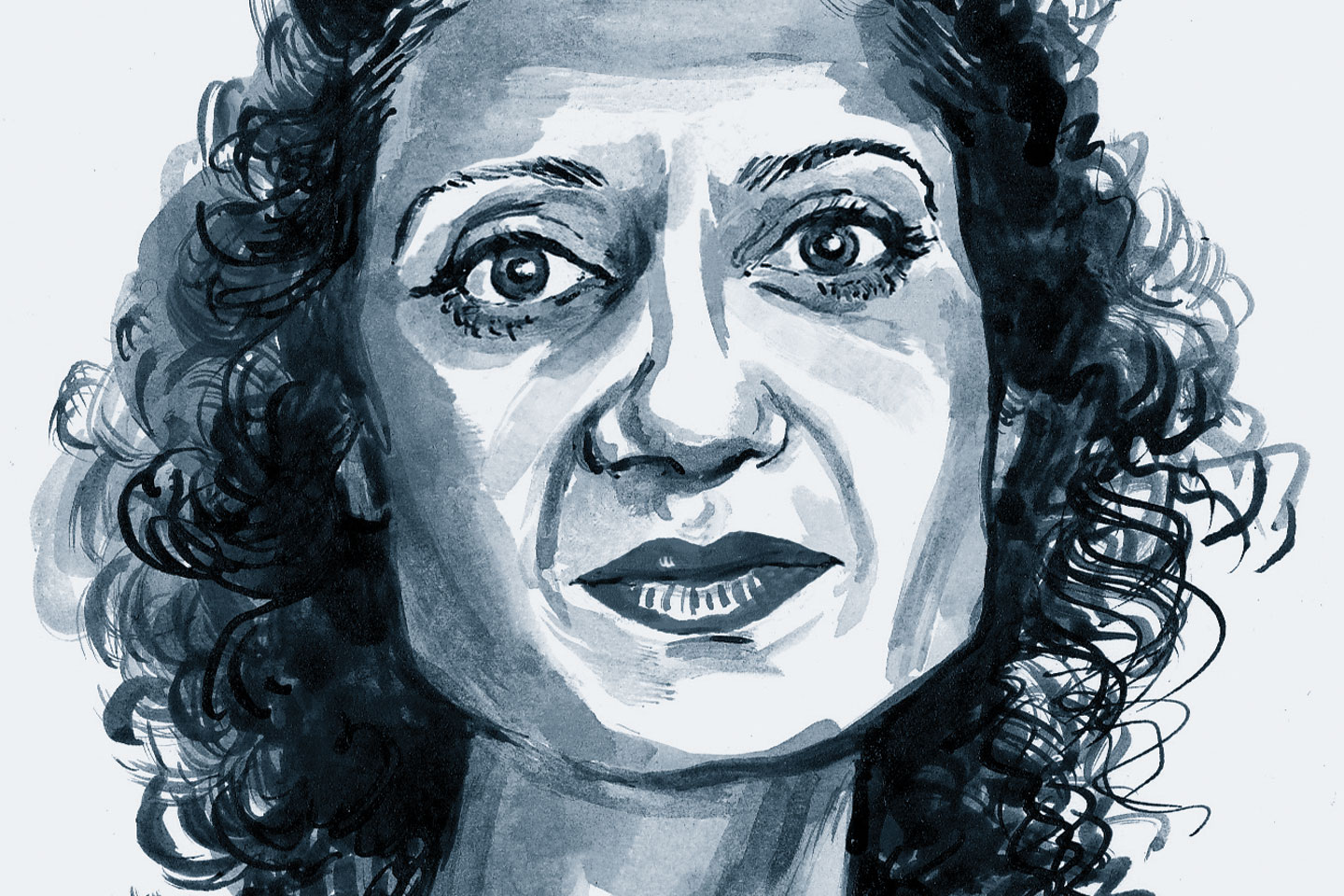We have been driven into a prescribing cul-de-sac


Last month, at book club, we decided to read Aldous Huxley’s Brave New World, a book I read more than 30 years ago. What struck me was how close to reality the use of soma was: an institutionally provided drug to soothe society.
As doctors, we are soothing our patients daily with our own versions of soma; tramadol, diazepam, gabapentin and pregabalin to name a few. It is far easier to sign an FP10 than to encourage a patient to adopt a biopsychosocial model for their pain. Although this sad reality is inevitable in the constraints of a creaking health system, this has not always been our role.
The term ‘doctor’ originates from the Latin word docere, meaning to teach. It follows that we should teach patients to look after their own health, rather than act as drug pushers.
By adopting a narrow medical model, we have created patient dependency. Our evidence-based approach is overshadowed by powerful pharmaceutical companies, whose main agenda is to manipulate data for profit. It is only in recent years that robust evidence is emerging of the immense benefits of exercise and weight loss in preventing disease and reducing mortality. These figures far outweigh any chemical intervention, as evidenced by the recent DiRECT study.1
Self-care, if truly embraced by the Government and the medical profession, could save the NHS billions of pounds
Yet we continue to pay more attention to compliance with medication than compliance with lifestyle changes, so our patients adopt the same preference for drugs over anything else.
Nowhere is this seen more acutely than with the management of type 2 diabetes. This condition has risen by 60% in the past decade alone, and all we can do is pump people with more drugs instead of getting to the causes of too much glucose and not enough exercise. Our resignation to this reversible disease is comparable with the acceptance we have for letting large sections of society remain on opiate substitution treatments, a policy recently questioned by addict-turned-campaigner Russell Brand.2
Self-care, if truly embraced by the Government and the medical profession, could save the NHS billions of pounds. But instead, we are raiding public health funding and we remain squeamish about legislation for minimum unit alcohol pricing and taxing junk food. And we remain hell bent on retaining quantity rather than quality of life in the guise of not appearing ageist.
Fortunately, there are ripples of change. Prominent campaigners such as Dr Margaret McCartney and Dr Campbell Murdoch are starting to scratch the surface,3,4 but success relies on more than just a handful of evangelists. It requires a consistent and well-funded publicity campaign led by the Government and supported by all professional bodies. Until then, I will have conversations like this:
Patient (angrily): ‘I’ve been coming here for years with the same problems and nothing seems to be getting better. So, what are you going to do for me?’
Me: ‘I’m going to turn this around and ask you – what are you going to do for yourself?’
Cue the complaints.
Dr Shaba Nabi is a GP trainer in Bristol
References
1 Lean M et al. Primary care-led weight management for remission of type 2 diabetes (DiRECT): an open-label, cluster-randomised trial. The Lancet; online 5 Dec 2017
2 Brand R. From addiction to recovery
3 RCGP Standing Group on Overdiagnosis. Report to Council
4 Murdoch C. Why GPs should prescribe a low-carb diet for type 2 diabetes. Pulse, July 2017
Pulse July survey
Take our July 2025 survey to potentially win £1.000 worth of tokens

Visit Pulse Reference for details on 140 symptoms, including easily searchable symptoms and categories, offering you a free platform to check symptoms and receive potential diagnoses during consultations.










